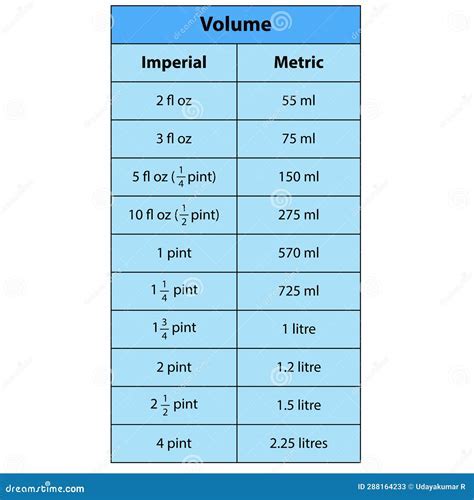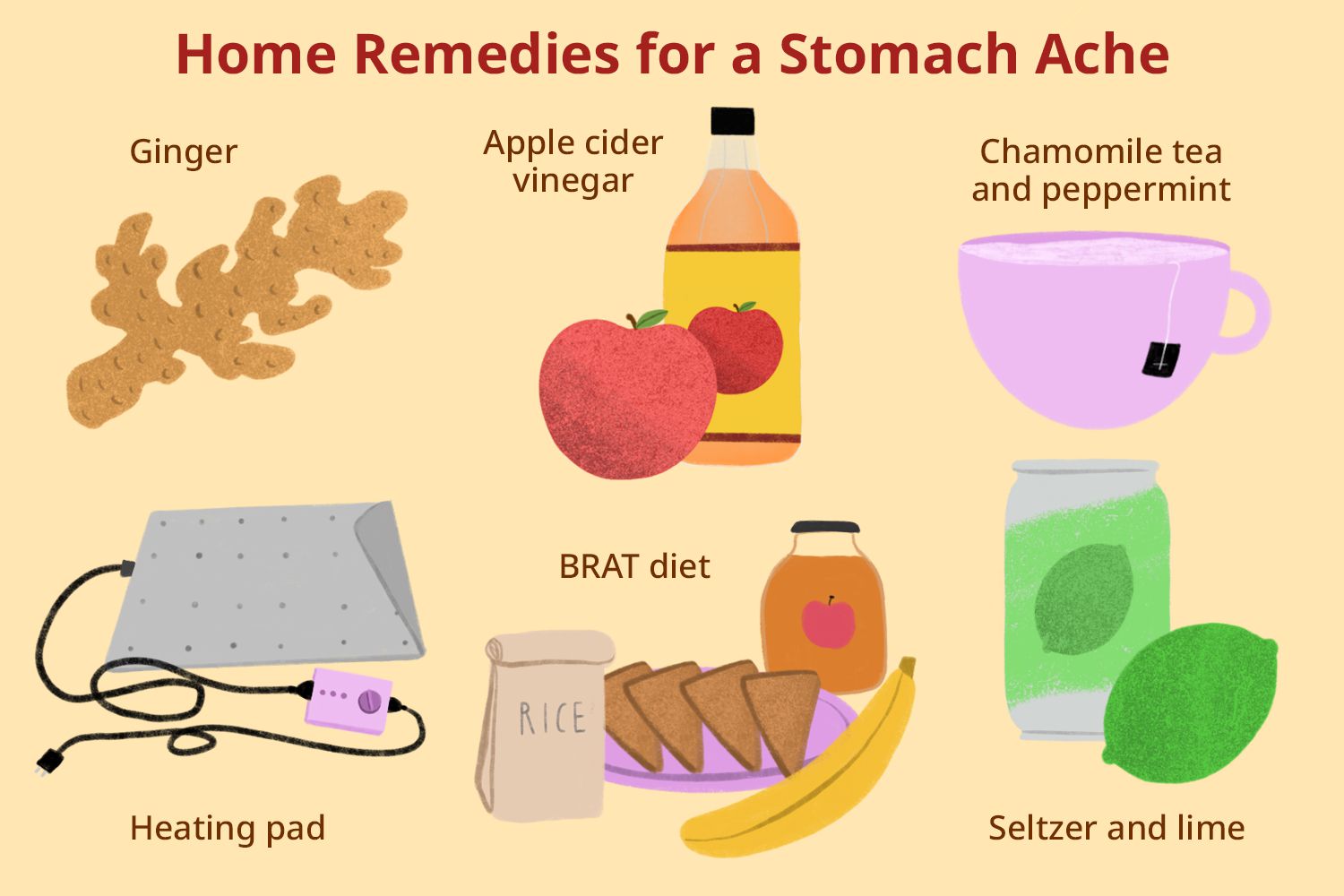How To Soothe Inflamed Gums With Braces? Easy Fixes
Inflamed gums can be a painful and frustrating experience, especially when you have braces. The brackets and wires can sometimes irritate the gums, leading to redness, swelling, and sensitivity. However, there are several easy fixes and techniques that can help soothe inflamed gums with braces.
Firstly, it’s essential to maintain good oral hygiene when you have braces. Brushing your teeth at least twice a day and flossing once a day can help remove plaque and bacteria that can exacerbate gum inflammation. Use a soft-bristled toothbrush and a gentle toothpaste to clean your teeth and gums. You can also use an interdental brush to clean around the brackets and wires.
One of the most effective ways to soothe inflamed gums is to use a saltwater rinse. Mix 1 teaspoon of salt with 8 ounces of warm water and swish the solution around your mouth for 30 seconds. The salt helps reduce swelling and kills bacteria that can cause infection. You can also use a hydrogen peroxide mouthwash to help reduce inflammation and kill bacteria.
Another easy fix is to use a cold compress. Apply an ice pack or a cold, damp washcloth to the affected area for 5-10 minutes. The cold temperature helps reduce swelling and ease pain. You can also try using a topical anesthetic like Orajel or Anbesol to numb the area and reduce discomfort.
In addition to these easy fixes, there are several other techniques that can help soothe inflamed gums with braces. One technique is to use a desensitizing toothpaste. These toothpastes contain ingredients like potassium nitrate that can help reduce sensitivity and discomfort. You can also try using a gum soothing gel or paste that contains ingredients like aloe vera or chamomile. These products can help reduce inflammation and soothe irritated gums.
It’s also important to avoid certain foods that can exacerbate gum inflammation. Foods that are high in sugar, acid, or spices can irritate the gums and make inflammation worse. Try to avoid foods like citrus fruits, tomatoes, and spicy dishes. Instead, opt for soft, gentle foods like yogurt, scrambled eggs, or mashed potatoes.
In some cases, inflamed gums with braces can be a sign of a more serious underlying issue. If your gums are severely inflamed or bleeding, you should consult with your orthodontist or dentist as soon as possible. They can examine your teeth and gums and provide personalized advice and treatment to help soothe and heal your gums.
In terms of prevention, there are several steps you can take to reduce the risk of inflamed gums with braces. One of the most important steps is to attend regular orthodontic appointments. Your orthodontist can adjust your braces and check for any signs of gum inflammation or other issues. You should also avoid playing with your braces or touching the wires, as this can irritate the gums and cause inflammation.
Another step you can take is to use a waterpik or an oral irrigator to clean around the brackets and wires. These devices can help remove plaque and bacteria that can accumulate around the braces and cause gum inflammation. You can also try using a fluoride mouthwash to help strengthen your teeth and prevent decay.
Finally, it’s essential to be patient and gentle when cleaning your teeth and gums with braces. Avoid using a hard-bristled toothbrush or brushing too aggressively, as this can irritate the gums and cause inflammation. Instead, use a soft-bristled toothbrush and gentle circular motions to clean your teeth and gums.
How often should I brush my teeth with braces?
+You should brush your teeth at least twice a day with braces, using a soft-bristled toothbrush and a gentle toothpaste. It's also essential to floss once a day to remove plaque and bacteria that can accumulate around the brackets and wires.
Can I use a regular toothbrush with braces?
+No, it's recommended to use a soft-bristled toothbrush with braces. A regular toothbrush can be too harsh and may irritate the gums or damage the brackets and wires.
How can I reduce pain and discomfort with braces?
+There are several ways to reduce pain and discomfort with braces. You can try using a saltwater rinse, a cold compress, or a topical anesthetic like Orajel or Anbesol. You can also try using a desensitizing toothpaste or a gum soothing gel or paste.
Can I eat normally with braces?
+Yes, you can eat normally with braces, but it's recommended to avoid certain foods that can exacerbate gum inflammation or damage the brackets and wires. Try to avoid foods that are high in sugar, acid, or spices, and opt for soft, gentle foods instead.
How long does it take for gums to heal with braces?
+The healing time for gums with braces can vary depending on the individual and the severity of the inflammation. However, with proper care and attention, gums can start to heal within a few days to a week. It's essential to maintain good oral hygiene and attend regular orthodontic appointments to ensure proper healing and prevent further complications.
In conclusion, inflamed gums with braces can be a painful and frustrating experience, but there are several easy fixes and techniques that can help soothe and heal the gums. By maintaining good oral hygiene, using a saltwater rinse, and avoiding certain foods, you can reduce the risk of gum inflammation and promote healthy gums. It’s also essential to attend regular orthodontic appointments and be patient and gentle when cleaning your teeth and gums with braces. With the right care and attention, you can achieve a healthy, beautiful smile with braces.

